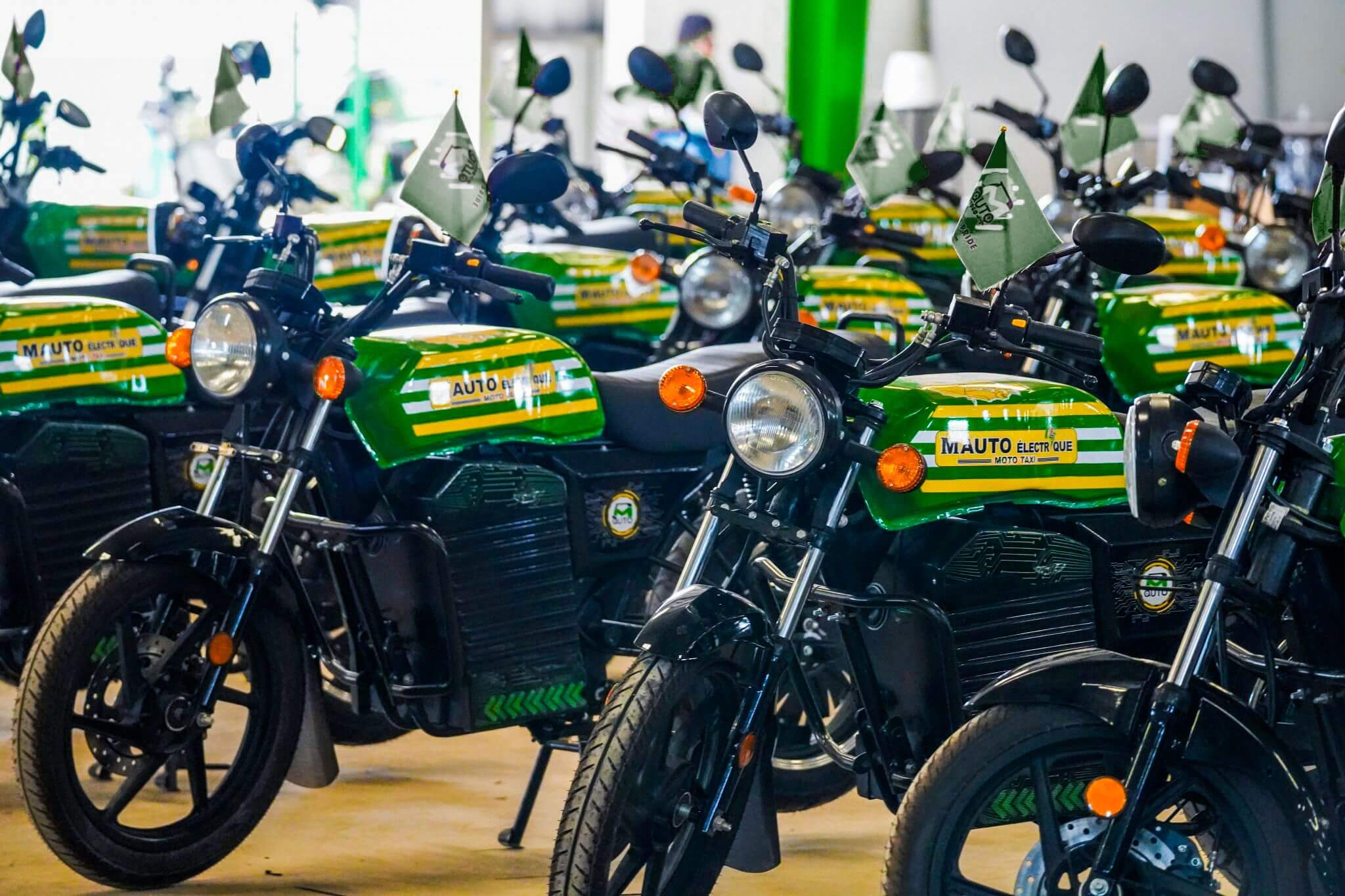Uganda is gearing up to revolutionise its motorcycle taxi industry by deploying 140,000 electric motorbikes within the next five years.
This ambitious project is part of a $200 million investment contract signed between the Ugandan government and SPIRO, an Indian mobility and smart battery design company.
The deal includes building an electric motorbike assembly plant in Kampala to manufacture eco-friendly two-wheelers.
A network of 3000 battery exchange stations will also be established, creating more than 9000 jobs, according to Shegun Adjadi Bakari, SPIRO’s CEO.
“This will promote the made-in-Uganda policy with affordable costs for drivers, who will be able to save up to 40%,” he said.
The government indicated the move was part of Uganda’s larger energy transition plan to reduce carbon emissions from motorbike taxis, locally known as “boda-bodas.”
“Many countries are adopting policies on clean energy, and Uganda cannot be left behind. The introduction of e-bikes is one step towards the right direction of greening and improving air quality in the country,” said Edward Katumba Wamala, Uganda’s Works and Transport Minister.
The targeted 140,000 e-bikes are estimated to represent 90% of all registered motorcycle taxis in the city, making this a transformative project for the industry.
Huge potential across Africa
The potential for electric motorcycles in sub-Saharan Africa is vast, with the market projected to grow to over $5 billion by 2027.
According to an April 2023 report by PREO (Powering Renewable Energy Opportunities), electric motorcycles will dominate sub-Saharan Africa’s sustainable transformation.
Most electric motorcycles currently sold in sub-Saharan Africa are imported from China and India and are not built for African roads. However, there is a steady increase in the number of electric motorcycle manufacturing plants in the region, with Rwanda, Kenya, and now Uganda taking the lead.
Rwanda Electric Motors or REM, recently announced it was about to cross the 50,000,000 km mark, driven on its 300 electric bikes, in operation since 2019.
CleanTechnica, a green solutions blog, estimates that distance to be “equivalent to travelling around the Earth’s equator more than 1,200 times or travelling to the moon and back over 200 times.”
In Kenya, Roam, a Kenyan-Swedish company, recently launched a manufacturing plant capable of manufacturing more than 50,000 e-bikes annually.
According to Remeredzai Joseph Kuhudzai, founder of the pan-African EV promotion platform, Electric Drive Africa, electric motorcycles are an attractive option for rideshare services in the region, presently and in future.
Gaps
However, existing policy and regulatory gaps must be addressed to achieve full sector potential.
The PREO report suggests that addressing the gaps would improve the availability of durable hardware, reliable charging infrastructure, and access to high-quality battery solutions.
Startups and foreign investors are already honing in on those gaps, however.
SPIRO is already addressing some of these challenges in other African countries, including Benin, Togo, and Rwanda, where it handles more than 130,000 battery swaps at over 250 battery swapping stations.
The company reports that in 2022, it supported more than 4500 electric motorcycles in those three countries.
In Uganda, Zembo is launching over 27 battery-swap stations, the largest battery-swapping network in East Africa. The startup sells e-motorcycles to taxi operators on a pay-as-you-go basis, with battery swaps provided as a service.
bird story agency
Uganda is set to revolutionize its motorcycle taxi industry by deploying 140,000 electric motorbikes over the next five years. This $200 million investment deal with SPIRO, an Indian mobility company, includes building an assembly plant in Kampala and establishing 3000 battery exchange stations, creating over 9000 jobs. The project is part of Uganda's energy transition plan to reduce carbon emissions from "boda-bodas," or motorbike taxis.
The market for electric motorcycles in sub-Saharan Africa is projected to grow significantly, with Uganda, Rwanda, and Kenya leading the way in establishing manufacturing plants. Rwanda Electric Motors has already reached significant milestones, and Kenya's Roam has launched a high-capacity manufacturing plant. However, policy and regulatory gaps need to be addressed to fully realize the sector's potential.
Startups like Uganda's Zembo are innovating with services such as battery-swap stations and pay-as-you-go e-motorcycle sales. SPIRO is also active in other African countries, supporting thousands of electric motorcycles and battery swaps.






